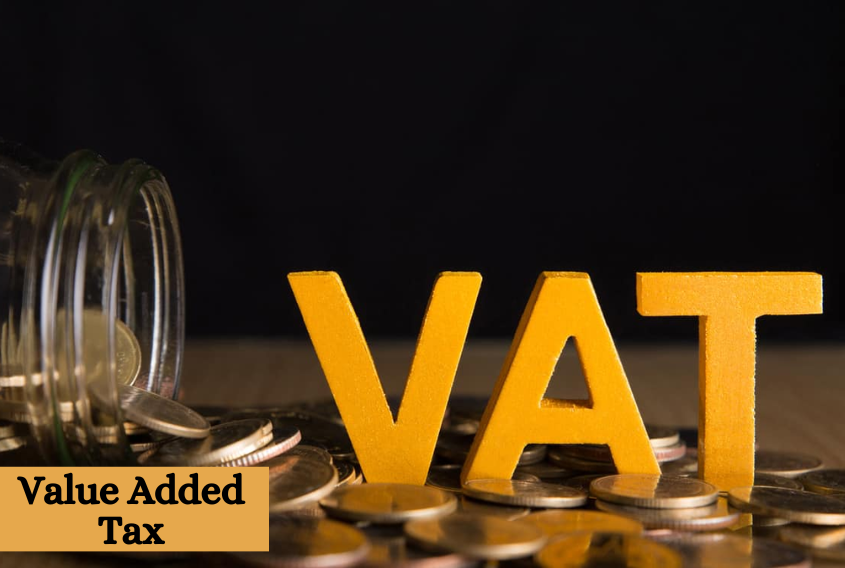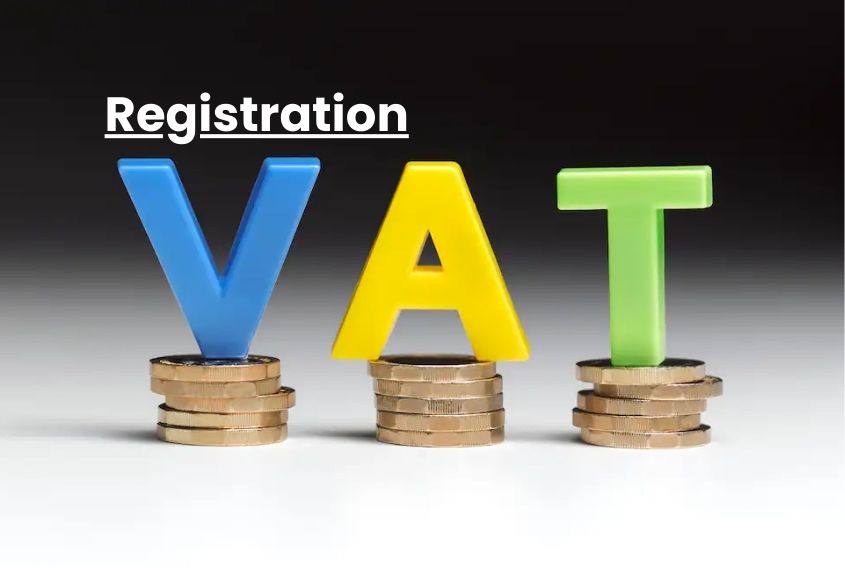Value Added Tax (VAT)
Value Added Tax (VAT) is a tax levied on each level of added value of a product along its supply chain. It is collected at each point of sale, from the manufacturer to the final consumer. This is accomplished by allowing for an adjustment in the tax paid on purchases, sometimes known as “temporary sales tax credits” or “temporary sales tax”. That is what we call it. Ultimately, the consumer is responsible for paying all taxes. The UAE has a normal 5% tax rate for goods and services. However, the UAE will cut or exempt some supplies, such as local passenger transport, approved financial services, medical treatment, and exports beyond the Gulf Cooperation Council, from VAT.

UAE VAT Registration

In the United Arab Emirates (UAE), businesses can register for value-added tax (VAT) to have their right to collect and remit VAT on taxable goods and services they supply formally recognized by the tax authorities. To increase economic sustainability and diversify sources of income, the UAE implemented VAT on January 1, 2018.
- For the provision of taxable goods and services, VAT will be billed.
- The input tax credit from the sales VAT will be subtracted from the purchase input tax credit.
- Give the government your VAT.
- Send in your VAT returns on time.
In addition to this, it is mandatory for all entities holding a VAT registration in the UAE, including both online number holders and registered companies, to adjust their business reporting structure to align with compliance standards.
VAT Services Provided by Imran Associates
Imran Associates Cost and Management Accountants providing following VAT services in UAE:
- VAT Registration
- VAT Return Review
- VAT Return Filing
- VAT Audit
- Implementation of Accounting System for VAT and Accounting Purposes
- VAT Accounting
- VAT Deregistration
Who Should Apply for Value-Added Tax?
In the United Arab Emirates (UAE) and many other countries with a value-added tax (VAT) system, firms that meet specific conditions are usually obliged to apply for VAT registration. The particular criteria and levels may vary by jurisdiction, however below are some common characteristics that frequently determine whether a firm should apply for VAT:
- Mandatory Threshold Exceedance: Businesses that surpass a predetermined annual turnover or revenue threshold are usually required to register for VAT. This threshold varies among countries. In the UAE, for example, as of my last knowledge update in January 2022, the mandatory threshold for VAT registration was AED 375,000 per year.
- Voluntary Registration: Even if a company does not exceed the statutory threshold, it may opt to register for VAT voluntarily. This can be advantageous for enterprises who seek to reclaim input VAT on their expenses, particularly if they do international trade or have large business expenses.
- Import and Export Activities: Businesses that import and export products and services may be required to register for VAT, regardless of turnover. Cross-border transactions frequently require the payment of VAT.
- Taxable Supplies: Businesses that make taxable supplies of goods and services are often required to register for VAT. Taxable supplies are transactions on which VAT is charged.
- VAT Group Registration: In some jurisdictions, connected firms may be able to apply for VAT group registration. This permits them to be classified as a single taxable entity, which may simplify the VAT compliance procedure.
- Non-Resident Businesses: Non-resident enterprises that sell taxable products or services in a specific country may be obliged to register for VAT in that jurisdiction.
In the UAE, the Federal Tax Authority (FTA) is the governmental agency responsible for VAT issues, and enterprises
Benefits of VAT Registration
VAT registration provides various benefits to businesses, particularly in areas where value-added tax (VAT) is implemented. Here are some of the main advantages:
- Legitimacy and Compliance
- Input Tax Recovery
- Competitive Edge
- International Trade Facilitation
- Customer Confidence
- Avoidance of Penalties
- Access to Government Tenders
- VAT Group Benefits
- Enhanced Financial Management
- Fiscal Support and Infrastructure Development
It is crucial to realize that, while VAT registration has advantages, businesses also have duties, such as filing VAT returns on time and maintaining accurate records. Consulting with tax professionals can assist firms in understanding the unique implications and benefits of VAT registration in their country.
